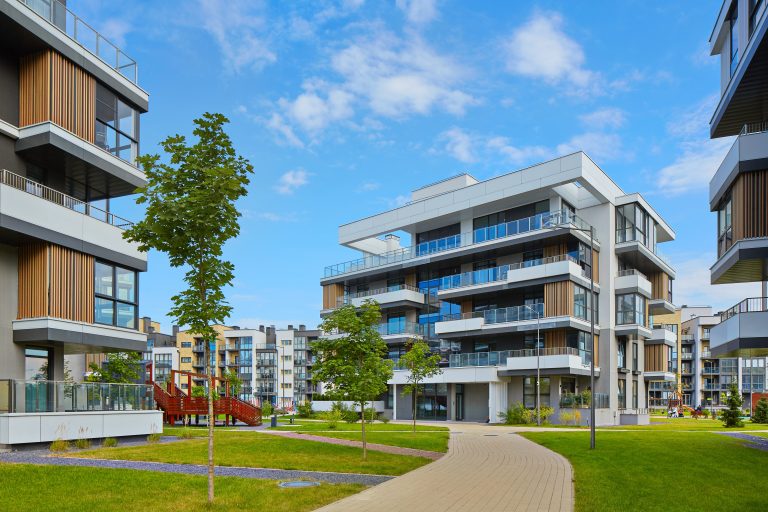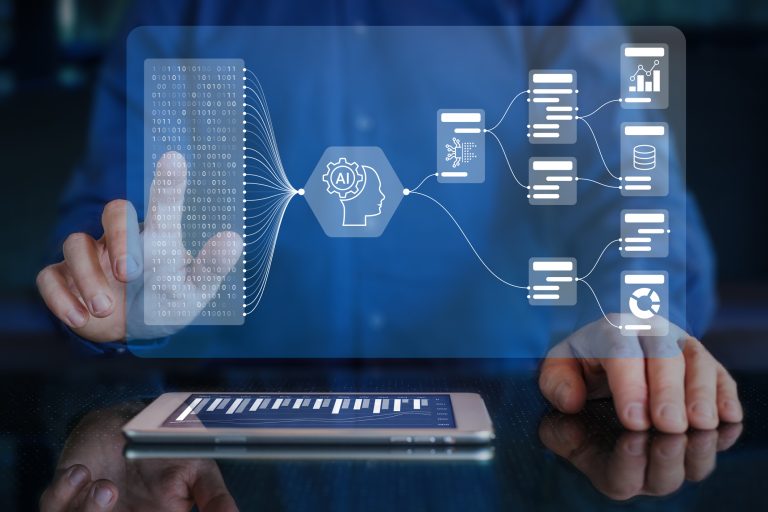In today’s competitive multifamily housing market, property management companies are increasingly turning to technology solutions to streamline operations, enhance resident experiences, and maximize profitability. Two key technologies—artificial intelligence (AI) and automation—are revolutionizing how apartment communities operate. While both help multifamily teams work more efficiently, they serve different purposes and offer distinct advantages.
The Technology Distinction
Automation in multifamily refers to software or systems programmed to perform specific repetitive tasks without human intervention—like sending renewal reminders or generating monthly reports. It follows pre-set rules to complete predictable processes consistently.
Artificial intelligence, however, takes technology capabilities further by mimicking human cognition. AI-powered tools for apartment communities can learn from data, adapt their responses, make decisions based on patterns, and even anticipate needs—whether predicting maintenance requests or personalizing prospect communications.
Key Differences That Matter for Multifamily Operations

Nature of Process
Automation simply executes programmed tasks across your property management systems—sending scheduled rent reminders or updating unit availability on your website.
AI analyzes leasing data to recommend optimal pricing strategies, personalizes follow-up messages based on prospect interactions, or predicts which residents might not renew based on their engagement patterns.
Data Requirements
Automation works with clear, structured data sets, like resident contact information or payment schedules. It needs specific inputs to produce reliable outputs.
AI thrives on large volumes of diverse property data—from maintenance history to resident communication preferences—and can make sense of unstructured information like maintenance request descriptions or prospect inquiries.
Decision-Making Capabilities
Automation follows fixed pathways: “If rent is received, send a confirmation email.” It can’t deviate from programming or handle exceptions without human intervention.
AI can recognize patterns in maintenance requests to suggest preventive maintenance schedules, analyze leasing agent-prospect conversations to recommend effective closing techniques, or adjust marketing messages based on which content drives more tours.
Learning Ability
Automation maintains consistent performance but doesn’t improve over time without manual reprogramming.
AI continuously learns from your property’s operations—improving its recommendations for leasing strategies, becoming more accurate in predicting maintenance needs, and refining resident communication approaches based on response rates.
Human Collaboration
Automation requires minimal oversight once programmed, freeing your team from routine tasks like data entry or report generation.
AI works collaboratively with your staff, augmenting human capabilities by providing insights and recommendations while still requiring oversight to ensure alignment with your community’s values and objectives.
Choosing the Right Solution for Your Multifamily Properties
Understanding the distinction between AI and automation helps multifamily operators select the most appropriate technology for specific needs:
- Choose automation when your goal is consistency and efficiency for routine, rule-based tasks with clear inputs and outputs—like processing applications or generating monthly reports.
- Implement AI when you need adaptive intelligence to handle complex, variable scenarios requiring learning and improvement—such as optimizing pricing strategies or personalizing resident experiences.
Many multifamily operators find that combining both technologies creates the most powerful solution: automation handles predictable processes while AI tackles complex decisions and personalization, allowing your team to focus on relationship building and strategic initiatives that truly require human touch.

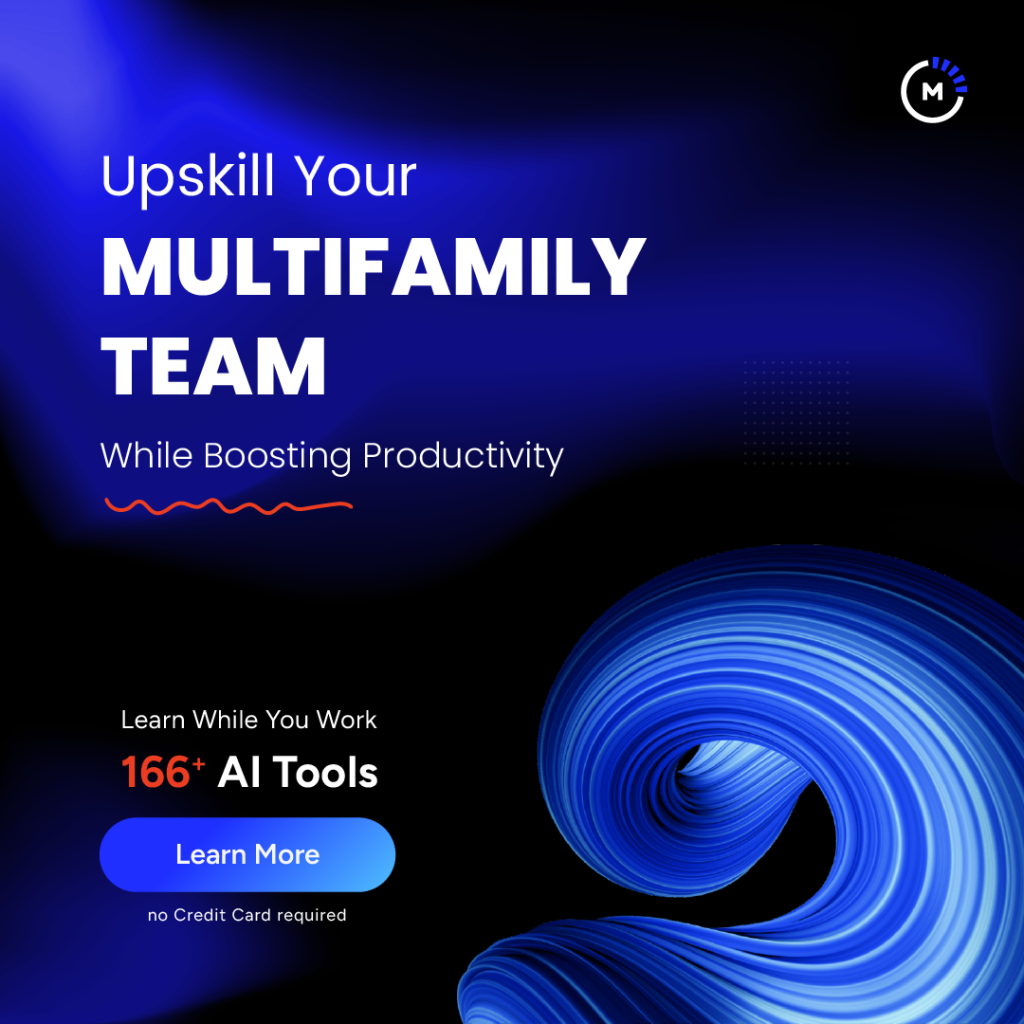
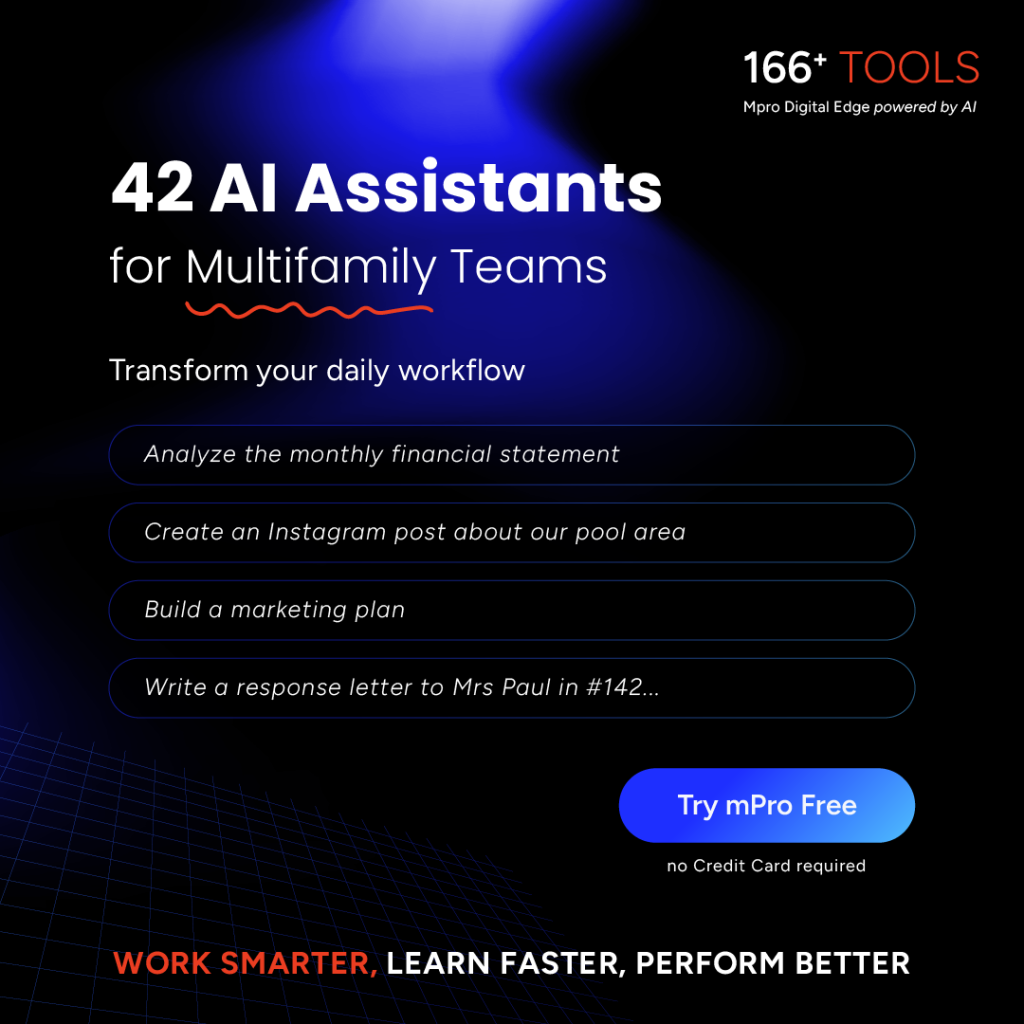
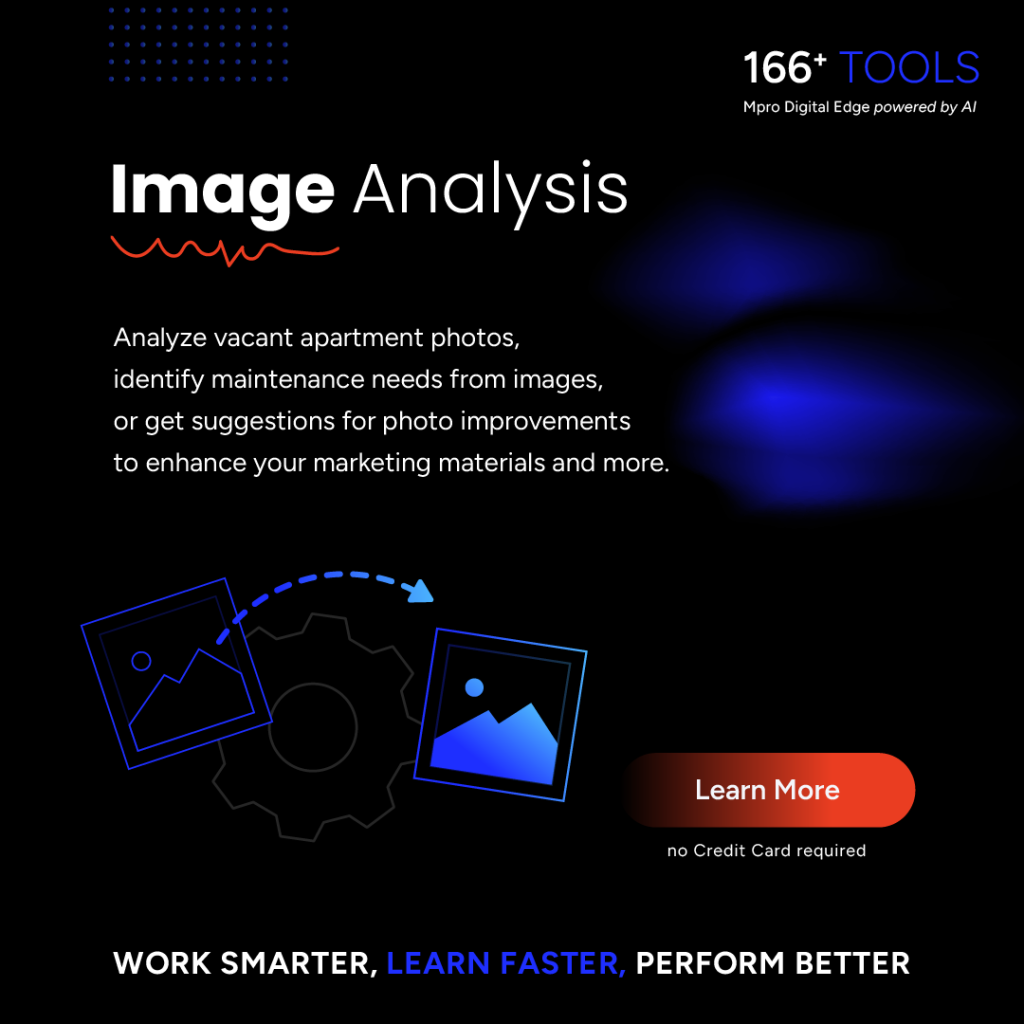
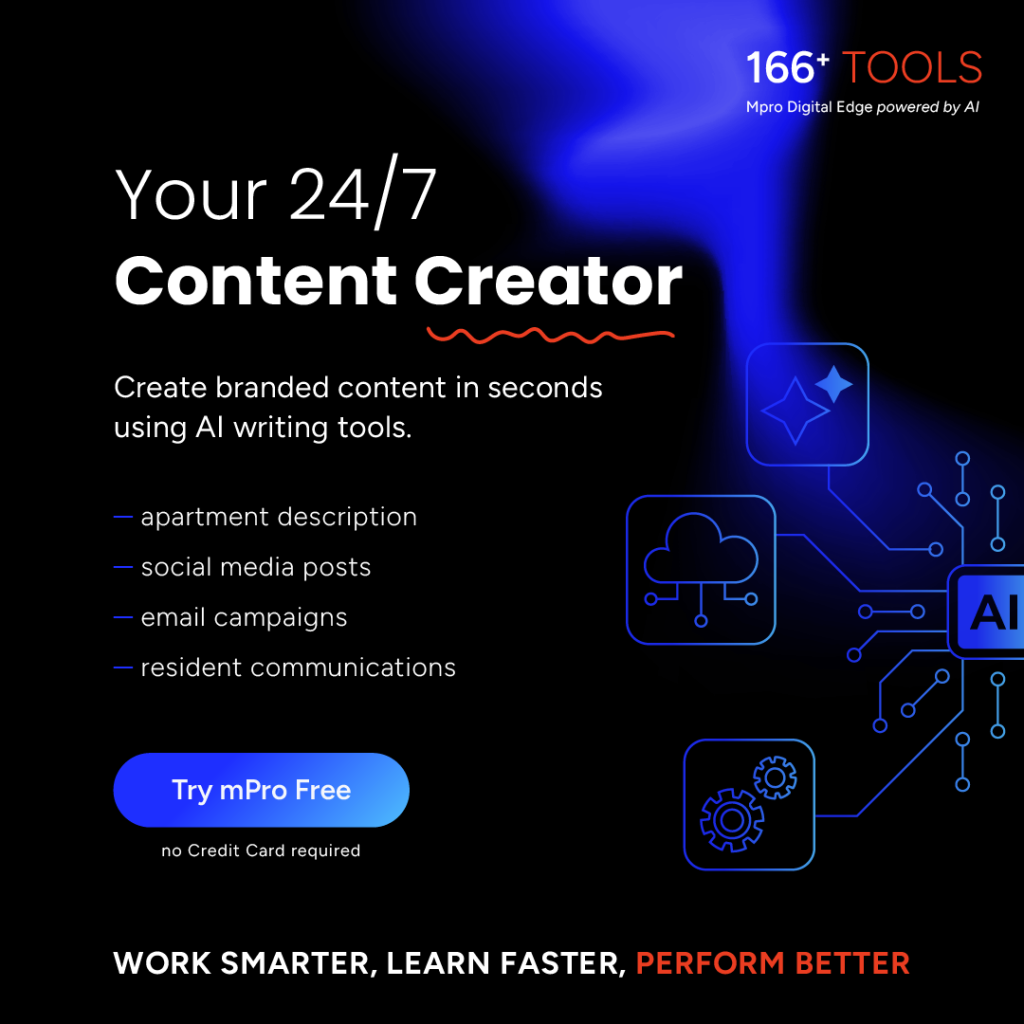
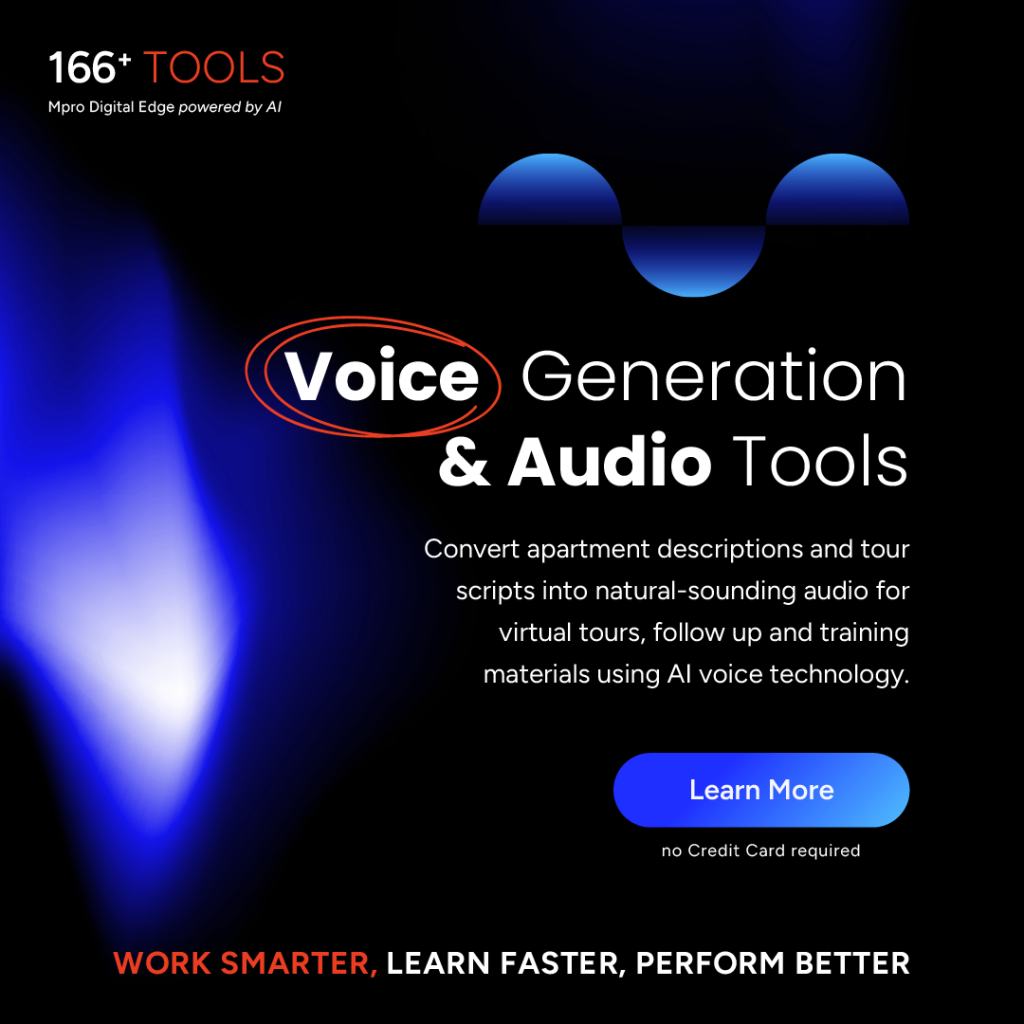
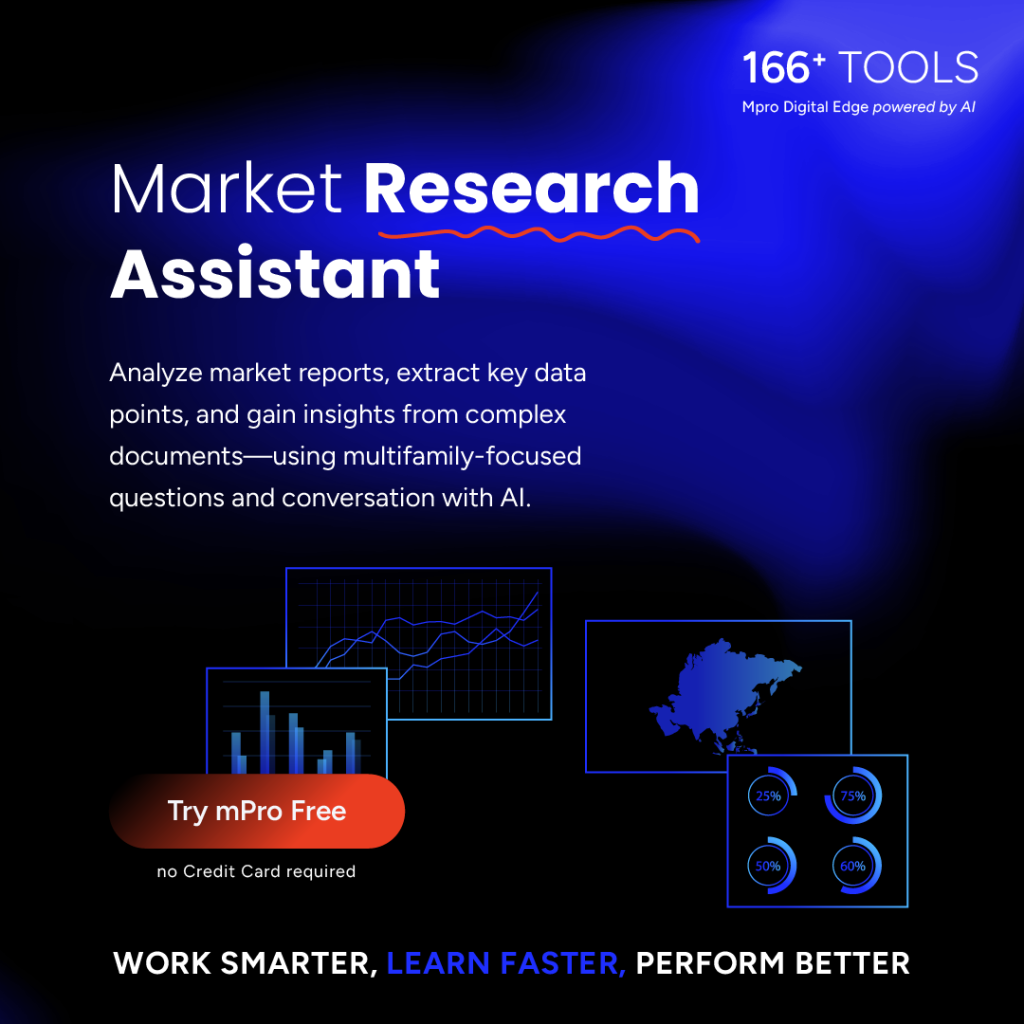
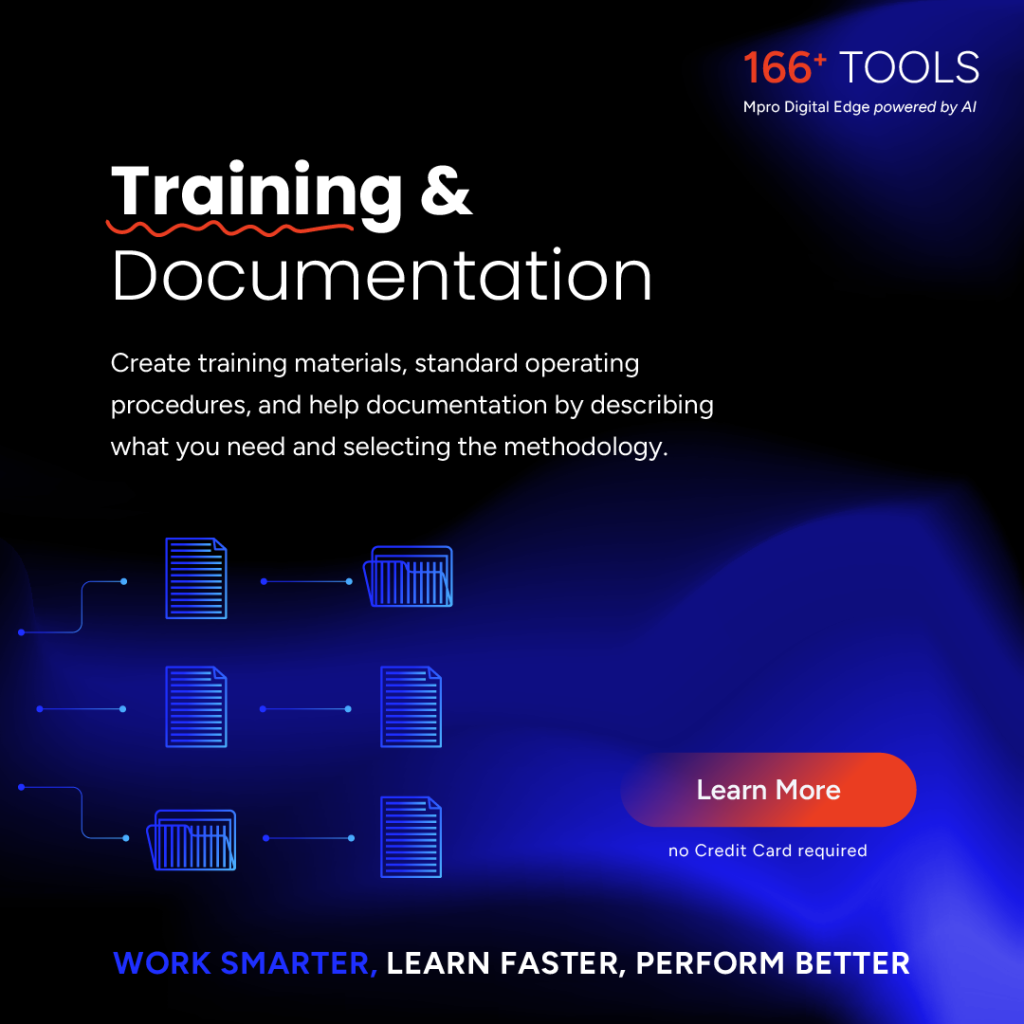
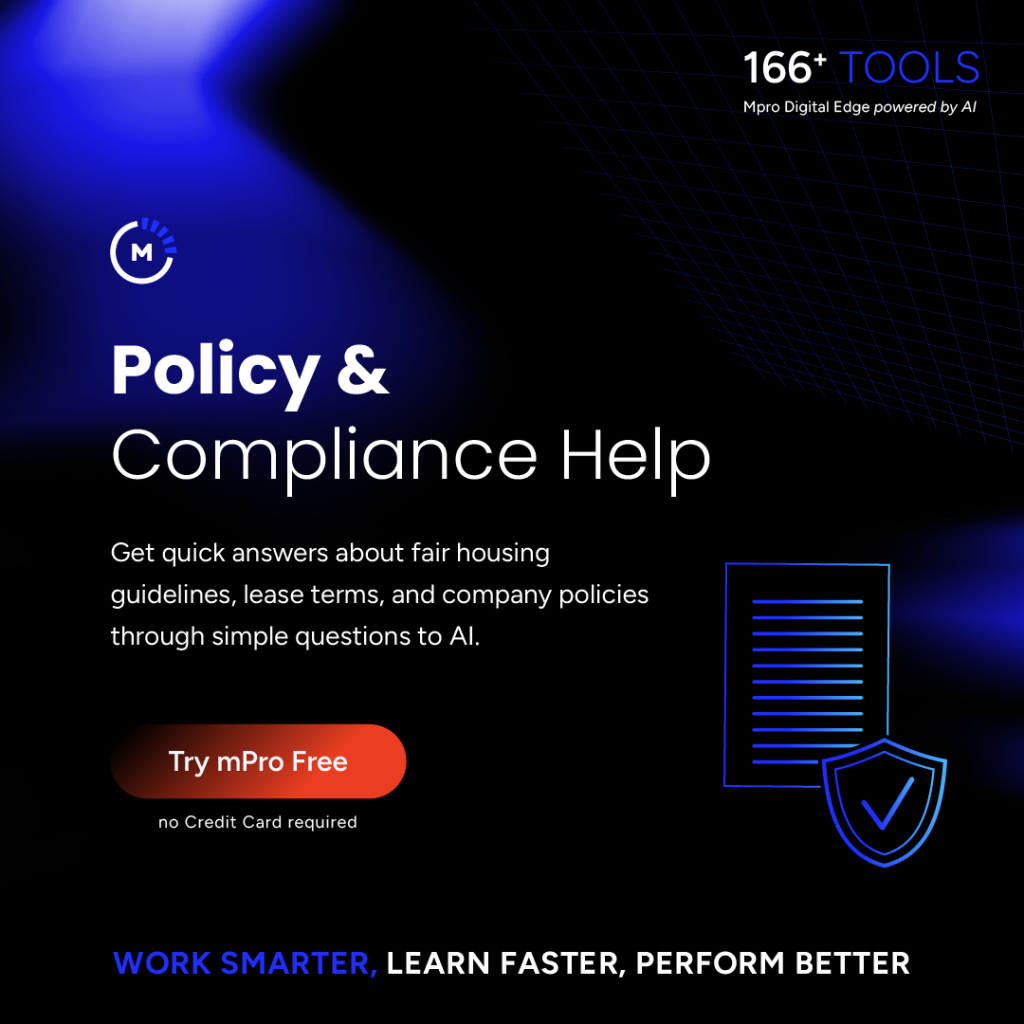

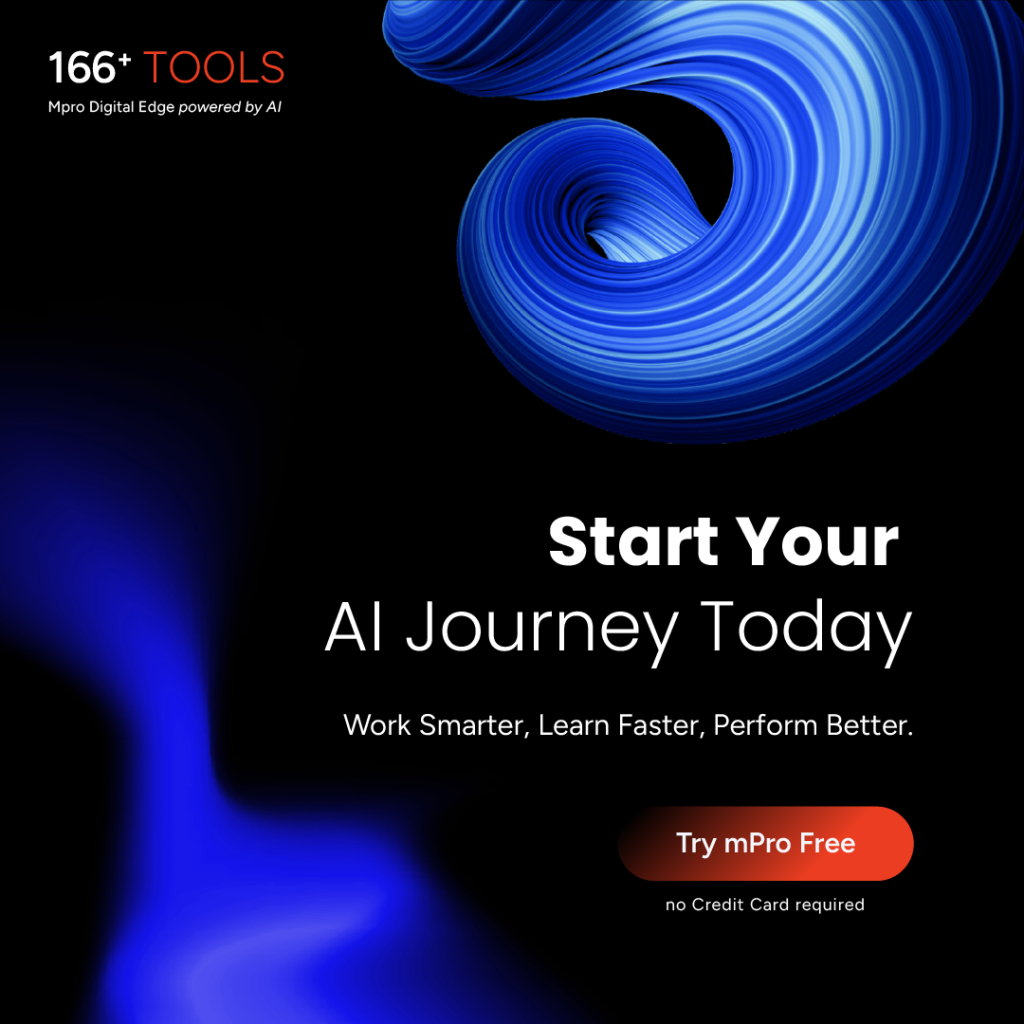
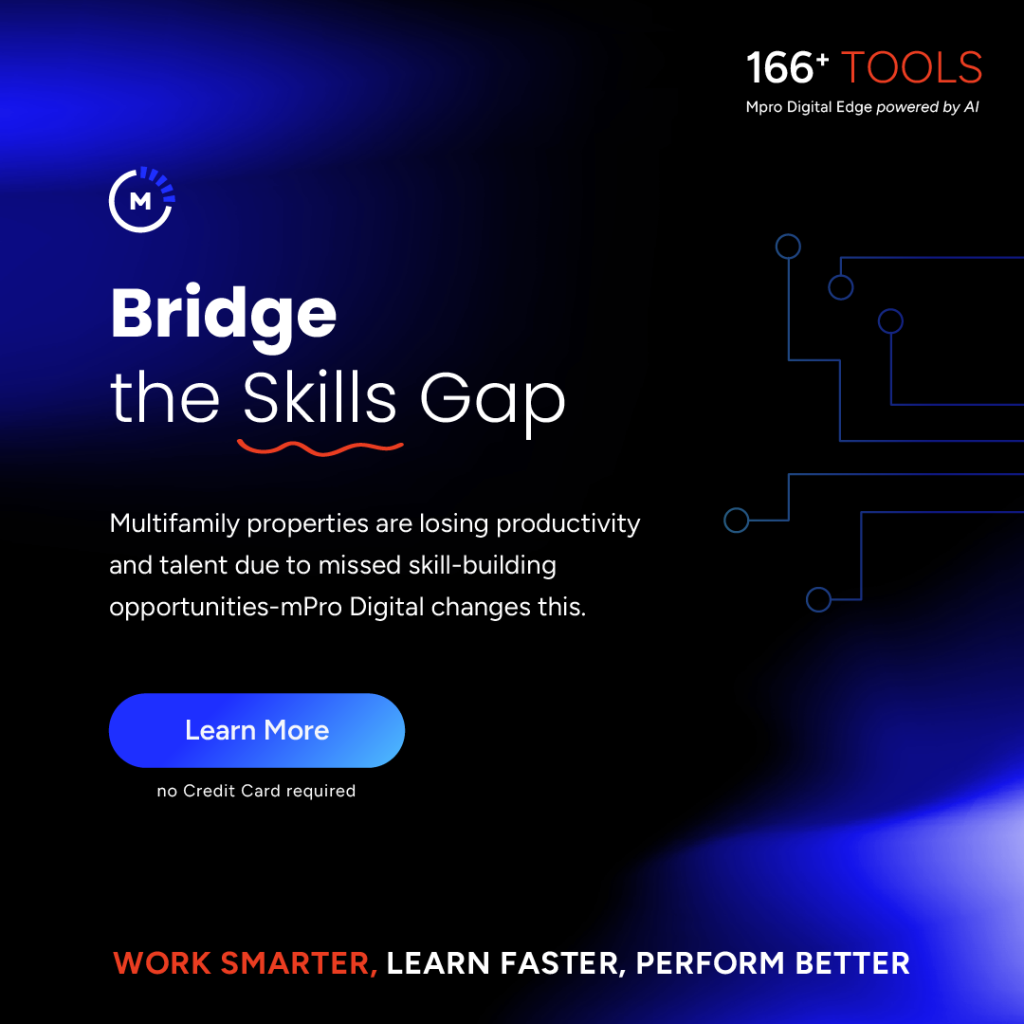
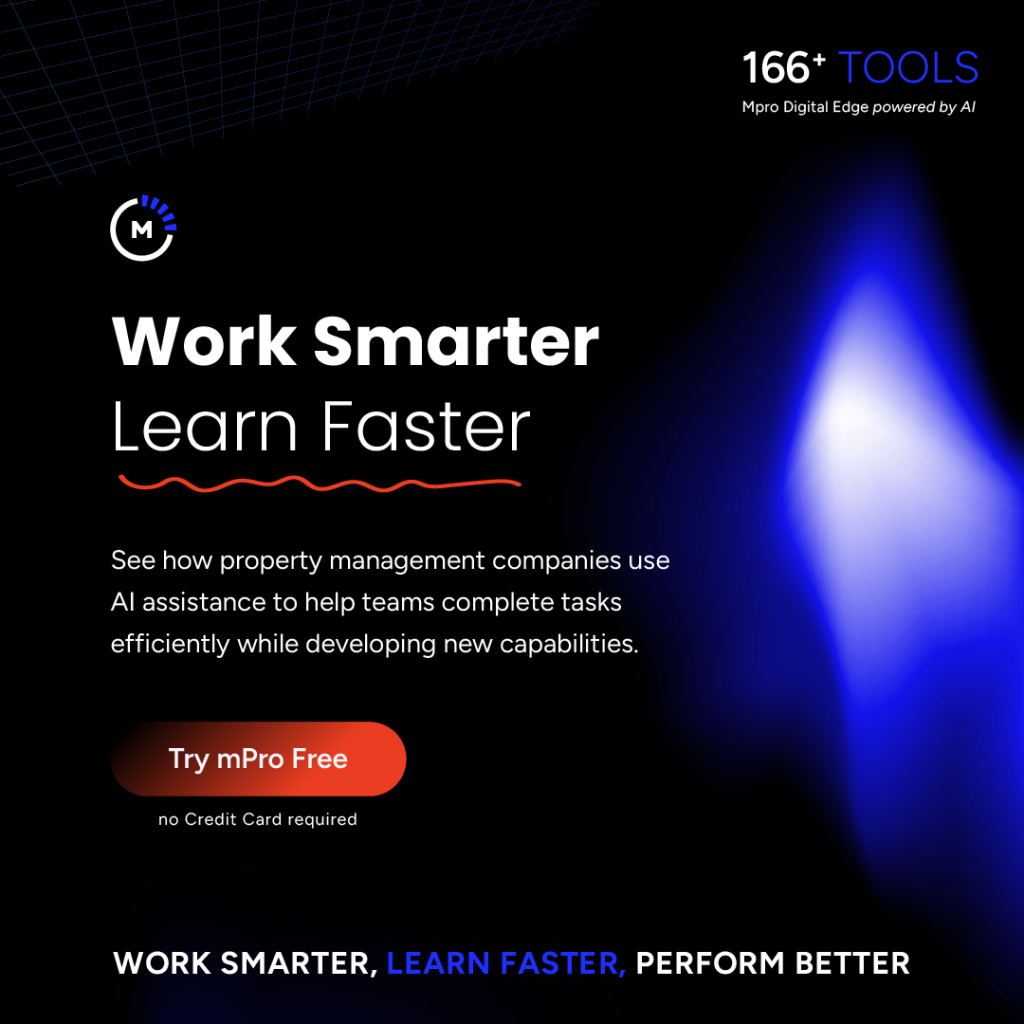

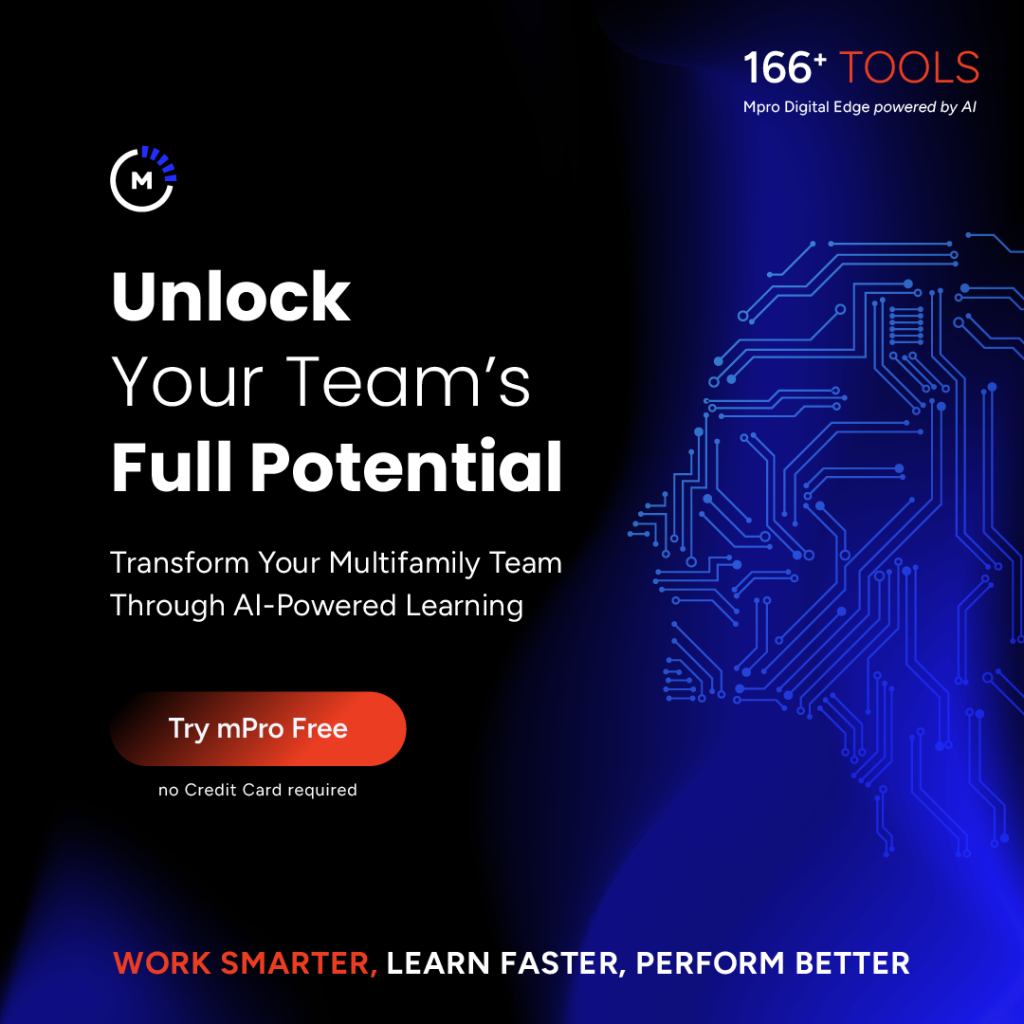
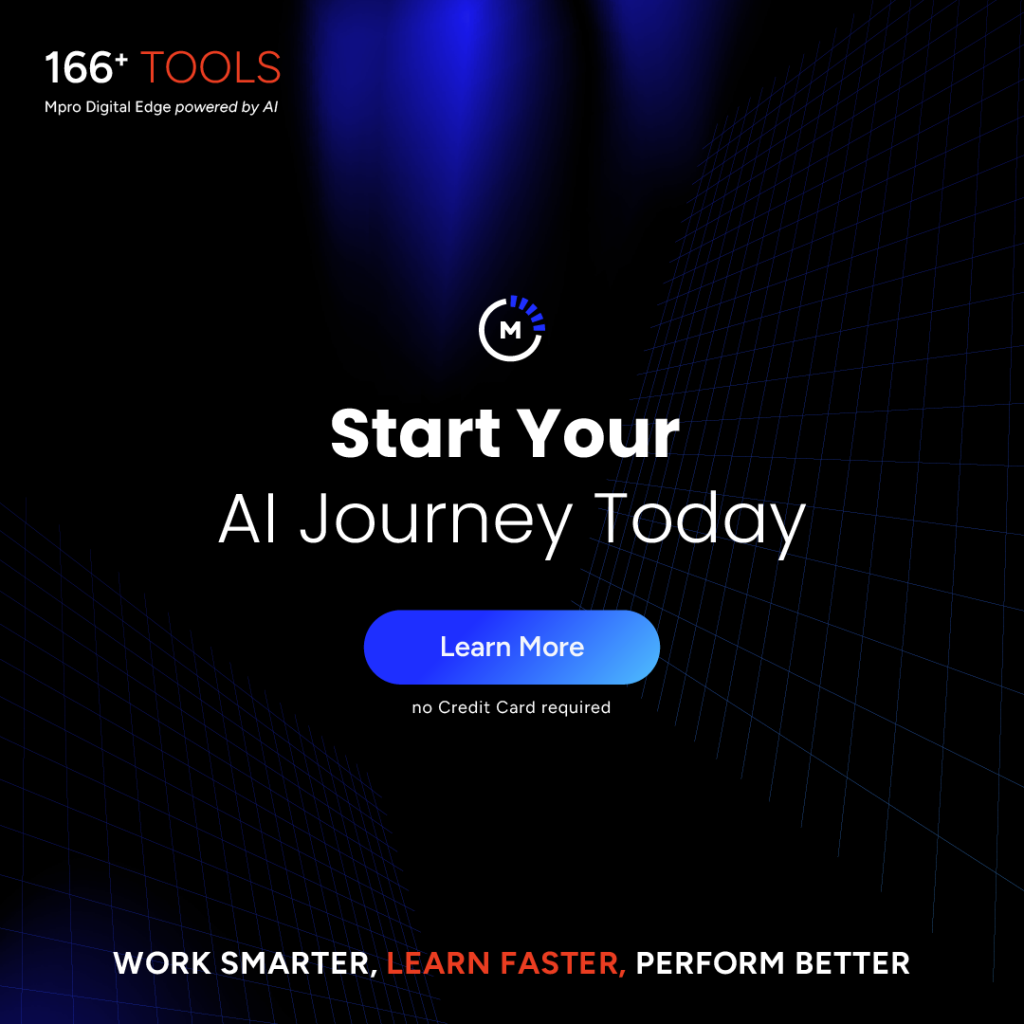

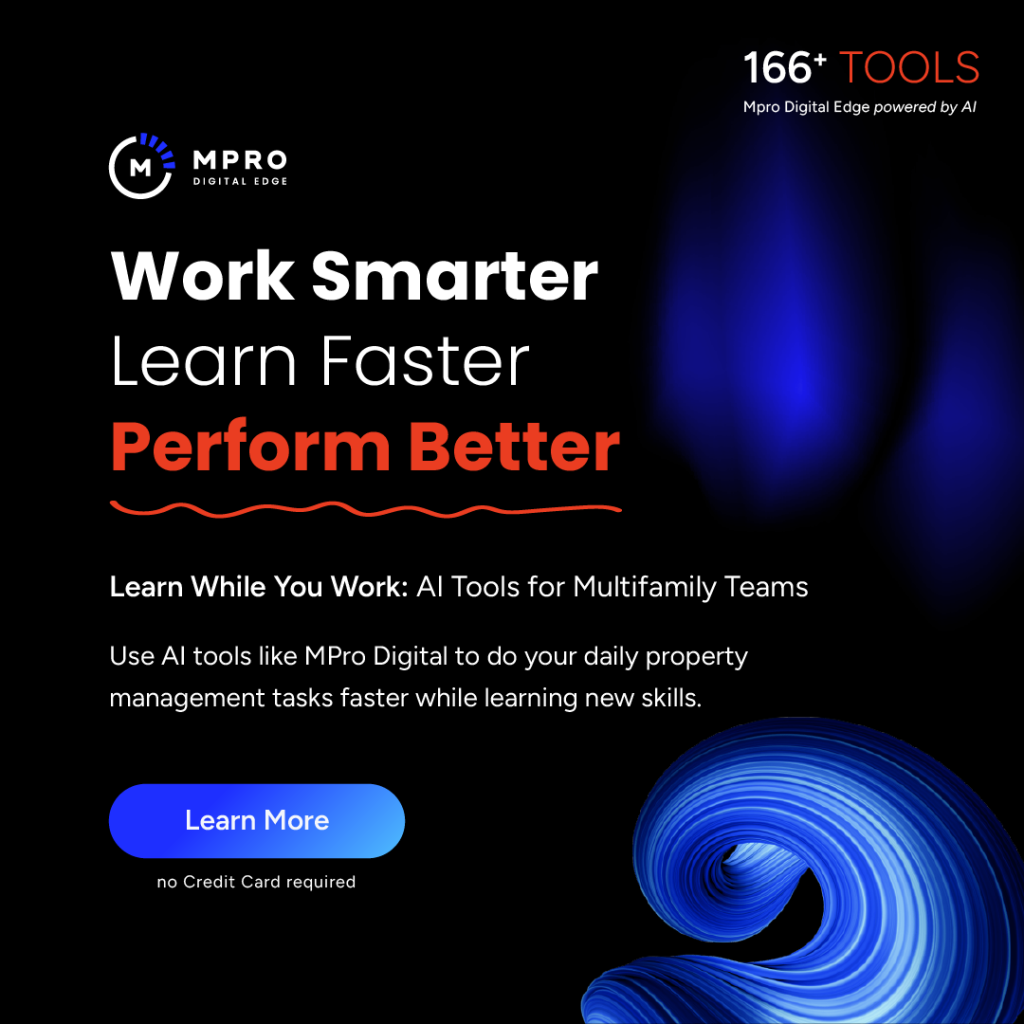
of respondents who manage more than 5,000 units use AI compared to just 28% of respondents who manage fewer than 50 units.
savings in payroll, a 15% increase in retention rates and a 5% improvement in resident satisfaction for apartments using AI



